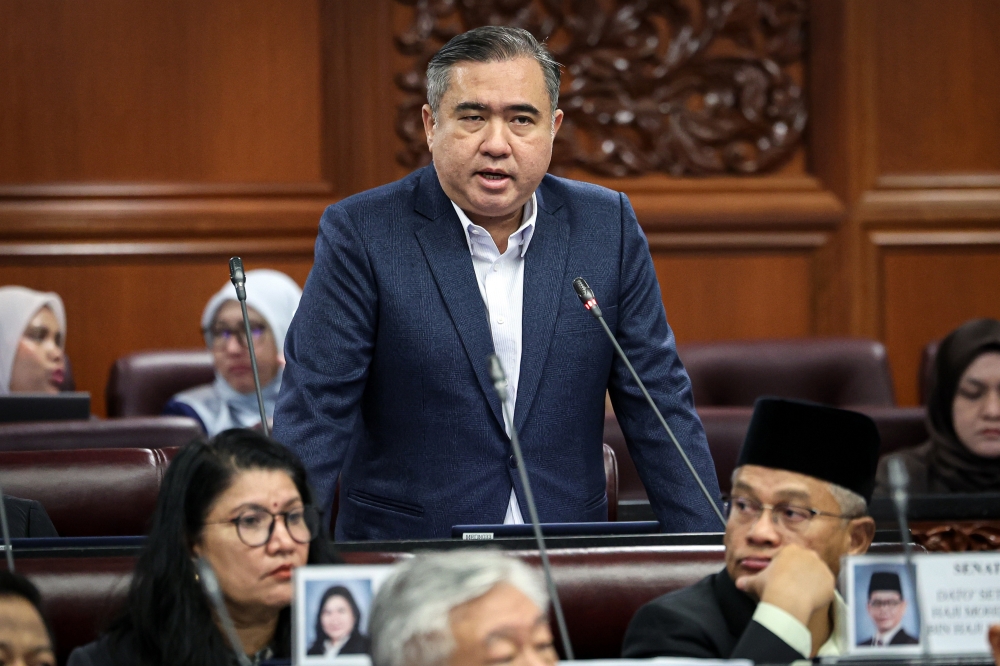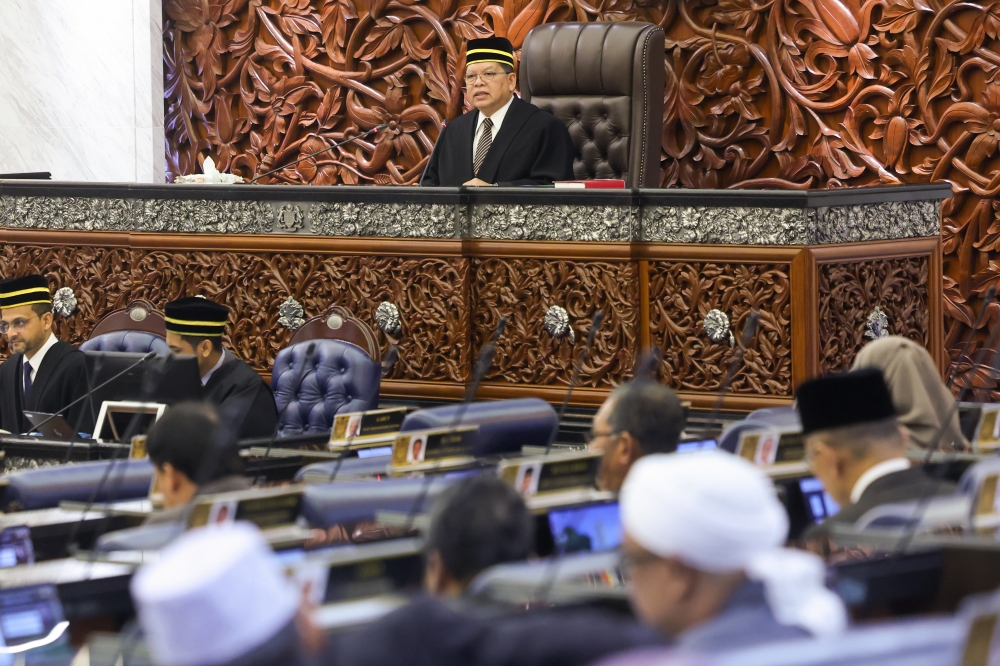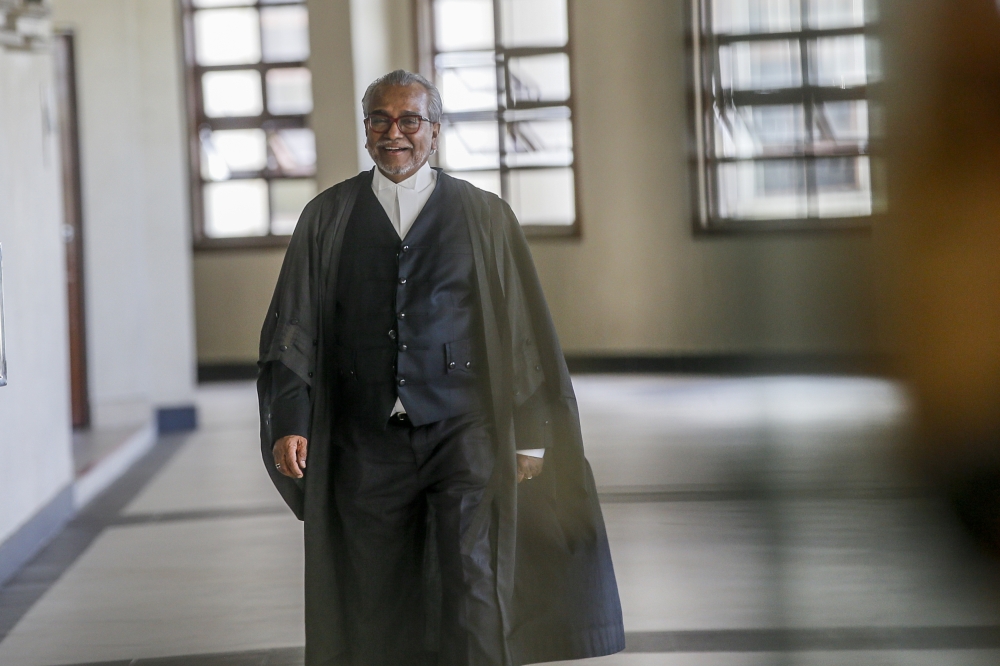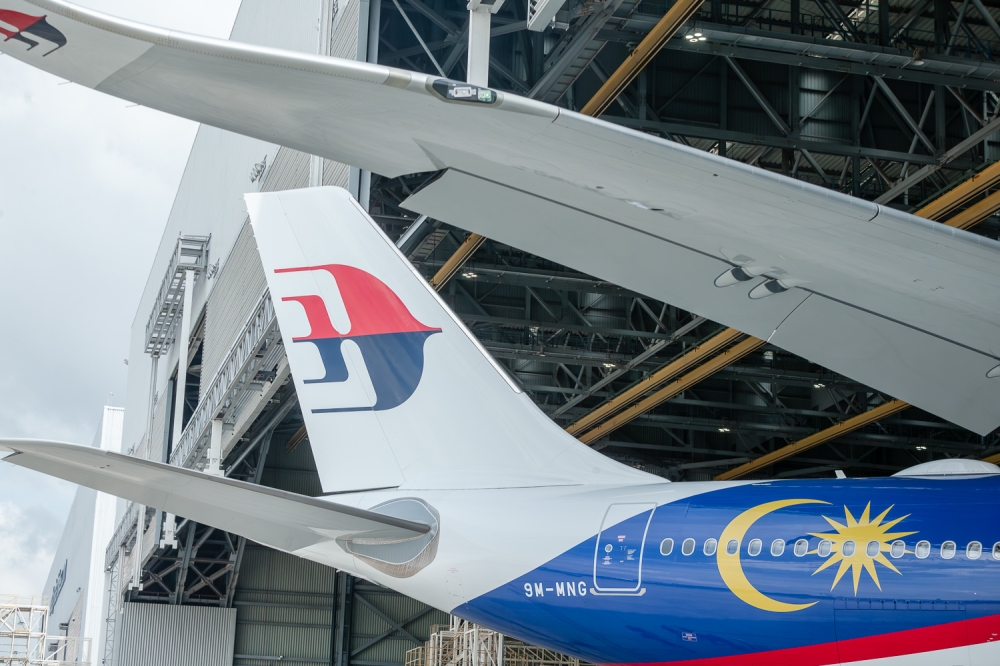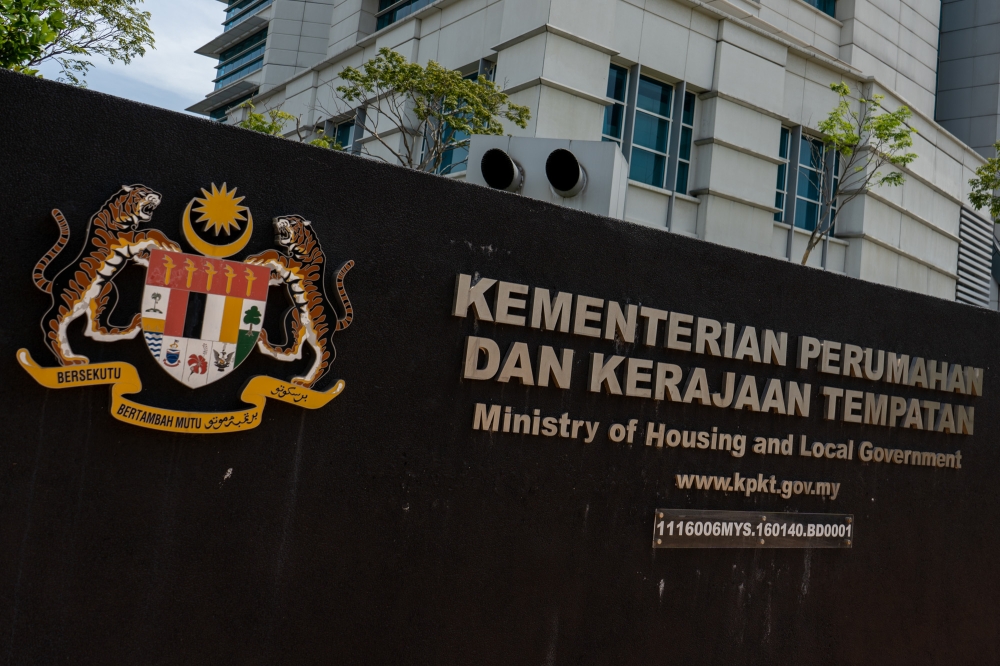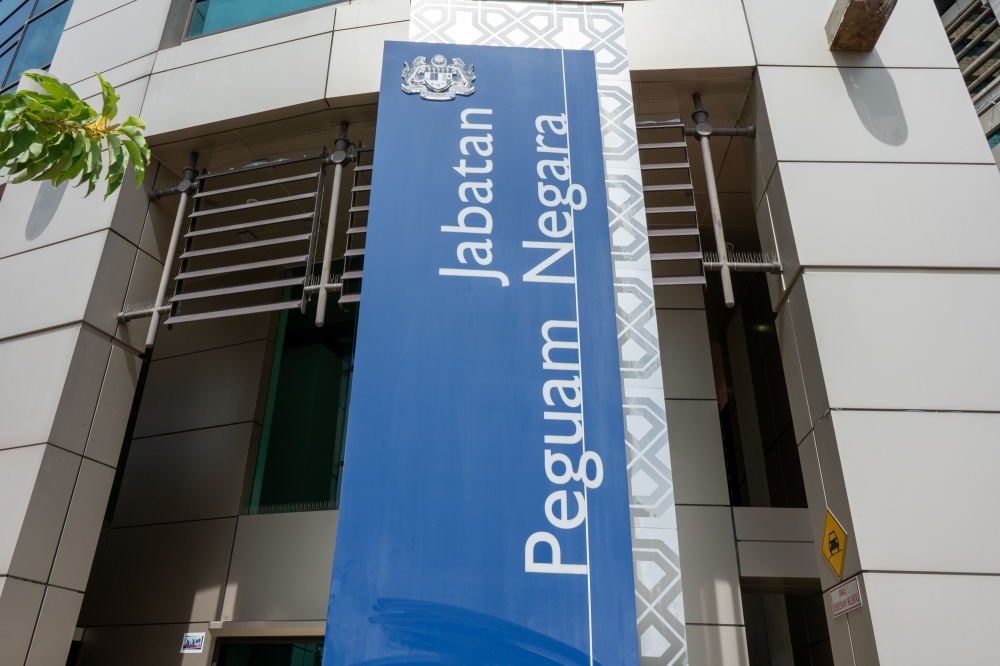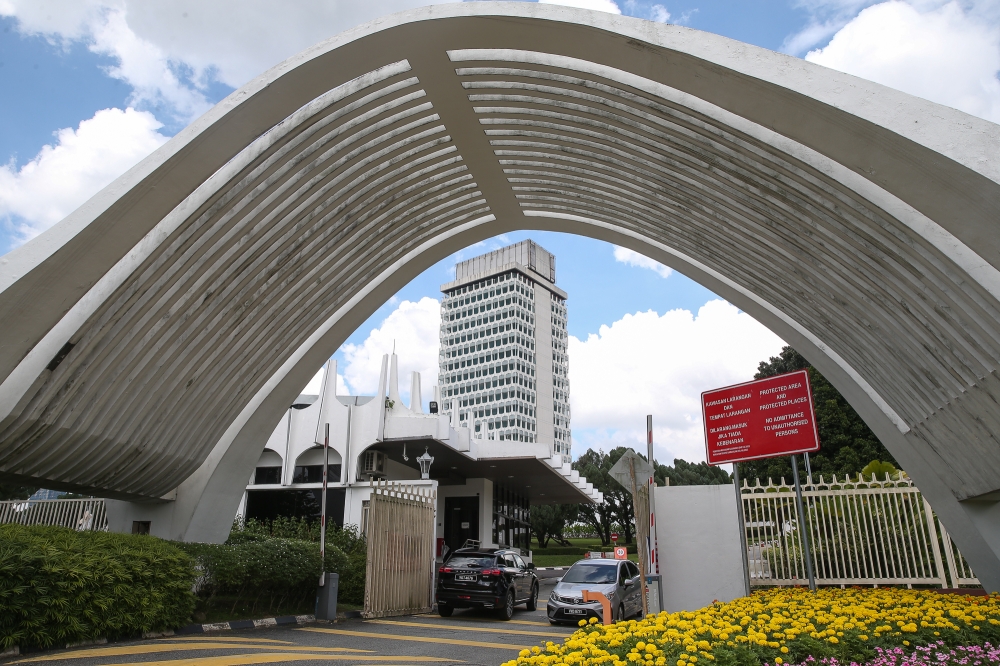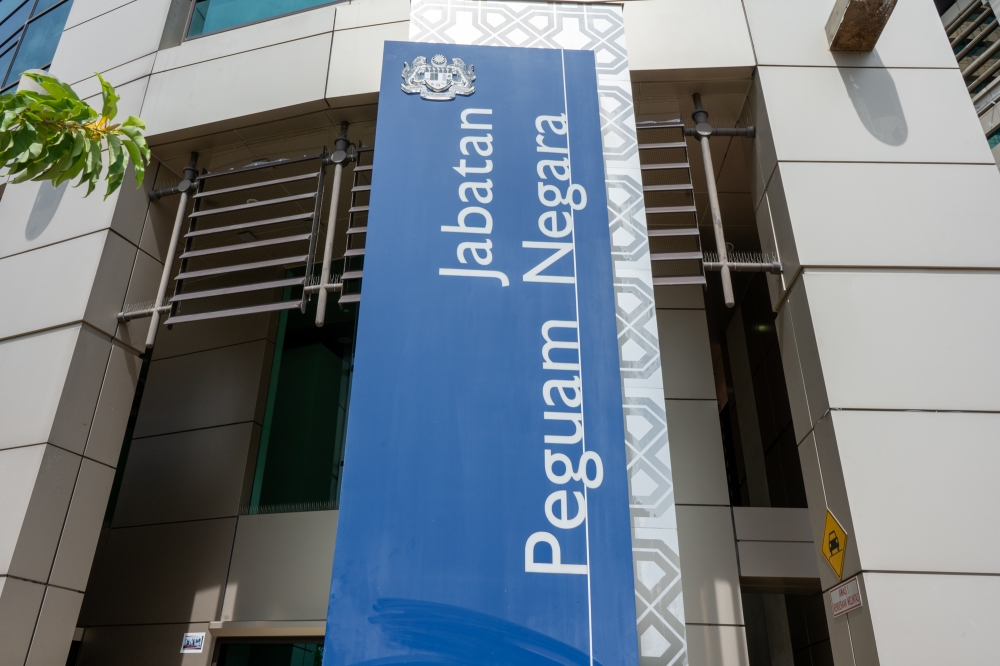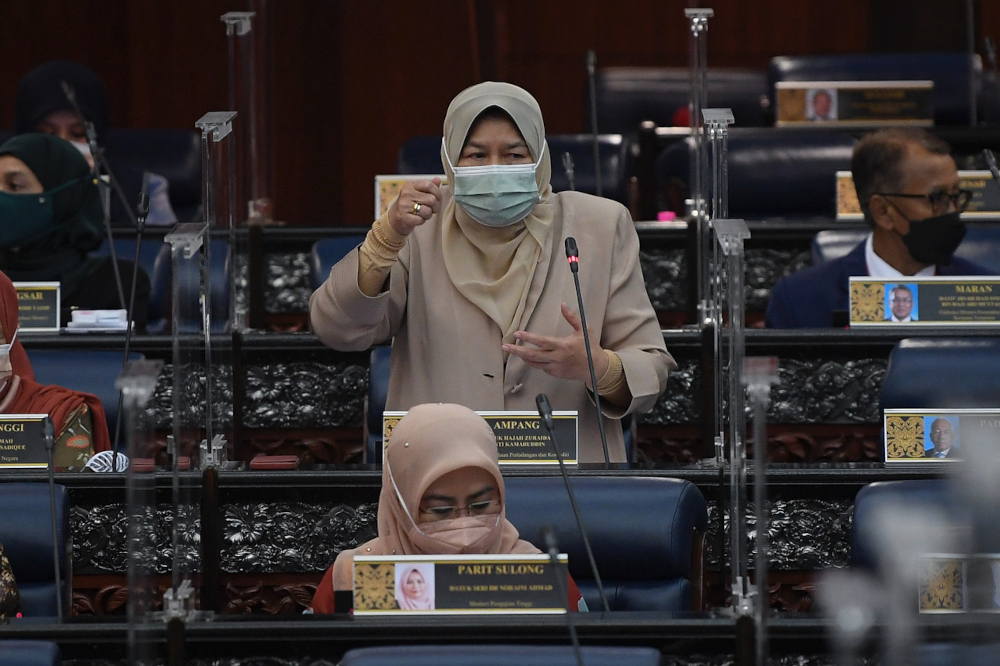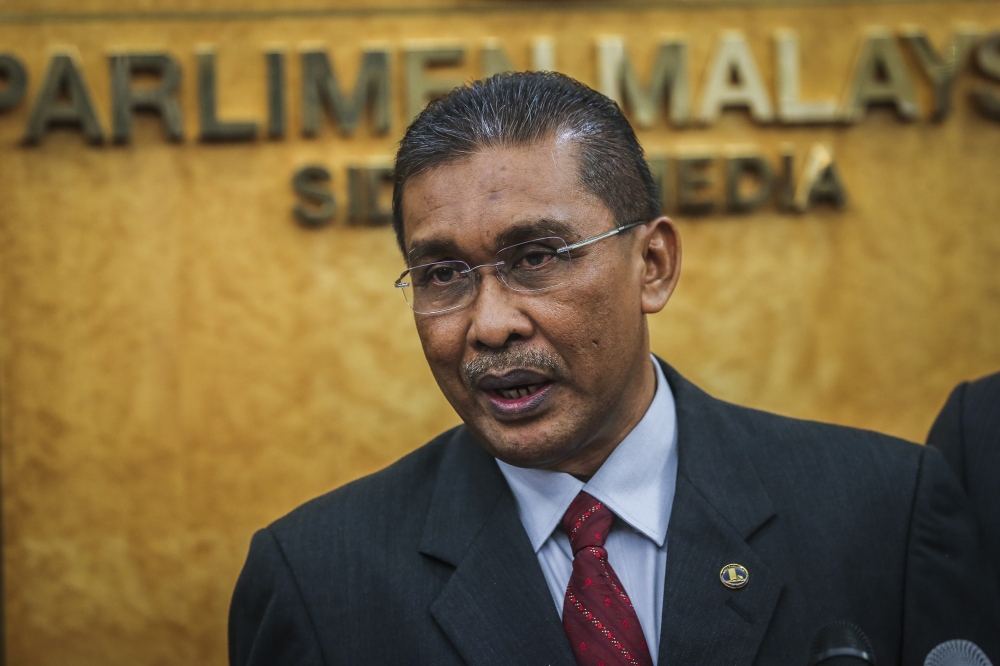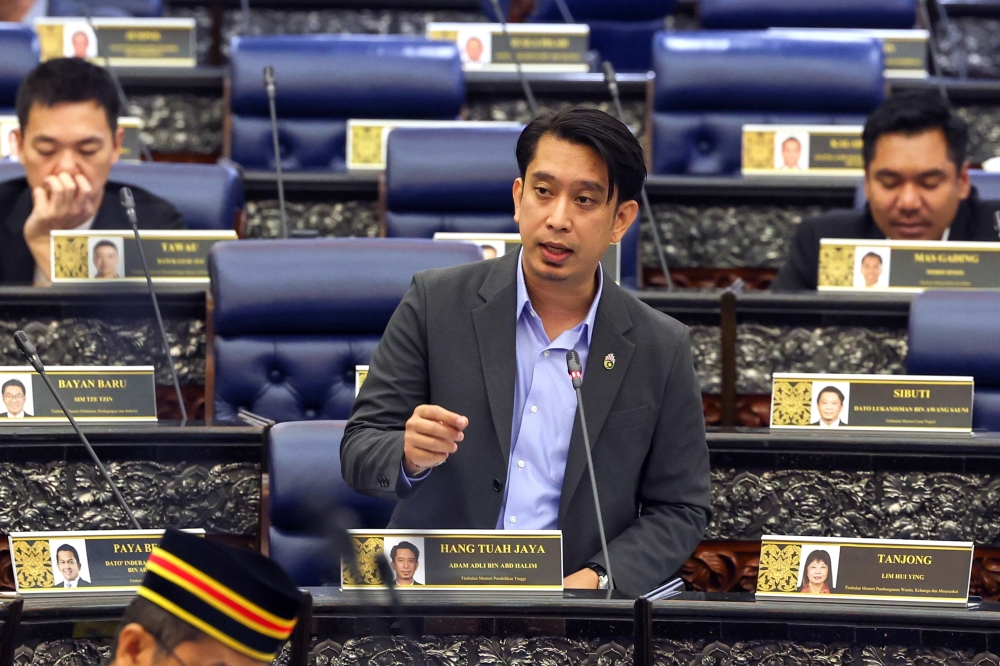KUALA LUMPUR, Sept 30 — Malaysia is identifying several new markets with high potential, including North America, Canada and the Middle East, to increase the furniture industry’s exports, Plantation Industries and Commodities Minister Datuk Zuraida Kamaruddin said.
“These are the countries that we will venture into — countries that need tropical forest timbers,” she said in reply to a question from Datuk Seri Hasan Ariffin (BN-Rompin) regarding the ministry’s efforts to boost the furniture industry and raise the country’s export value.
She said furniture export value stood at RM9.14 billion in 2019 and RM10.63 billion in 2020, while for the January-June 2021 period, the value of furniture exports was RM9.14 billion.
Zuraida said the ministry was also developing young designers’ talent in the field of furniture design to improve designs of furniture from Malaysia for the international market through the transformation from original equipment manufacturing to own design manufacturing and own brand manufacturing.
“To ensure the legality of Malaysian timber products are accepted not only in the European Union market but also in other markets are secure, the ministry is also in an effort to strengthen Peninsular Malaysia’s Malaysian Timber Legality Assurance System (MYTLAS) certification.
“The ministry is also organising programmes to assist furniture industry players in penetrating international markets such as ministerial missions to Dubai in conjunction with the World Expo Dubai and Malaysian Timber Council’s market visits to Asean and Oceania,” she said.
She said the ministry was targeting to hit furniture export value of RM12.5 billion by year-end, an increase of 20 per cent from 2020.
Replying to a supplementary question from Datuk Hasan Bahrom (PH-Tampin) on the government’s plan to encourage Bumiputera participation in the timber industry, she said the ministry was looking at improving existing business modules in order help them become successful and competitive entrepreneurs.
“We have a specific budget to develop Bumiputeras and this will be utilised in the best way — more cost-effective and productive — that will produce the right outcome,” she said.
Meanwhile, Zuraida said a new policy would be formulated to continue the Easy Financing Scheme for Oil Palm Smallholders’ Replanting (TSPKS) in an orderly and structured manner by providing grants to the targeted B40 group who have land not exceeding 10 acres (4.04 hectares) for oil palm cultivation.
“We will draft a formula on how to assist by giving grants instead of loans like previously.
“Currently, we have 238,108 private smallholders nationwide covering 895,297 hectares. Forty per cent of the growers involved in the oil palm industry are smallholders,” she said.
She was replying to a question from Datuk Wilson Ugak Anak Kumbong (GPS-Hulu Rajang) on whether the ministry intended to reintroduce the TSPKS scheme “for free” to smallholders. — Bernama

